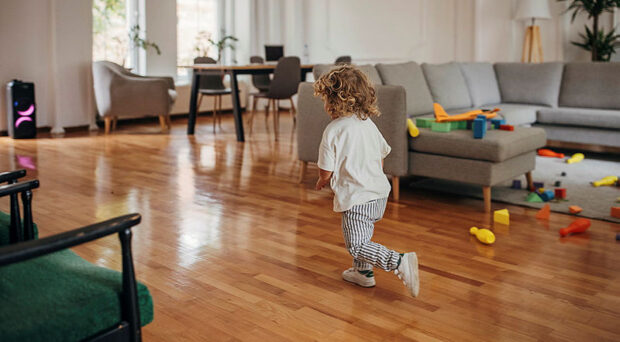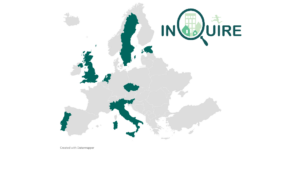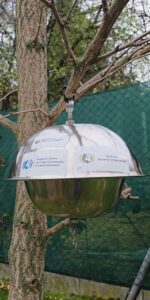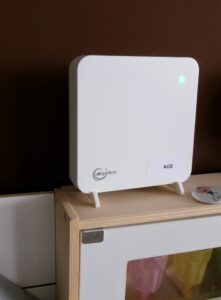
Enabling homes to achieve zero pollution indoor spaces holds multiple health benefits for all Europeans – especially our children. This is the goal of the EU-funded INQUIRE project. INQUIRE will provide the knowledge and tools needed to enhance residential indoor air quality.
INQUIRE is a part of the IDEAL (Indoor Air Pollution and Health) Cluster, a task force promoted by the European Commission to optimize synergies and increase the impact of the six projects selected for funding under Horizon Europe.

Chemical exposures in early childhood can be associated with endocrine-related effects, development of allergies and respiratory diseases, and young children typically spend much of their time at home. INQUIRE will focus on understanding the main drivers of indoor environmental quality in homes of families with infants and young children (under 5 years of age).
Europe is a diverse region, with many regional variations in housing stock, climate and lifestyles. A key objective of INQUIRE is to ensure harmonized characterization of the current conditions for families across eight countries – Czechia, Estonia, Italy, Netherlands, Portugal, Slovenia, Sweden and the United Kingdom – to ensure we capture a broad swath of families. In all homes, harmonized sampling strategies will be used to comprehensively evaluate indoor environmental quality.

INQUIRE will combine low-cost air quality sensors, non-invasive sampling strategies (indoor/outdoor passive air sampling, settled dust, consumer product sampling, urine biomonitoring) to characterize the home environment and the associated human exposure to chemicals.
The samples collected from the homes will support tiered high-resolution chemical and biological screening and wide-scope holistic characterisation of hazards to provide a comprehensive assessment of the indoor environmental quality. By harmonizing recruitment and sampling strategies across all regions, INQUIRE will provide a unique dataset for assessing the environmental quality of homes.
After determining baseline conditions, INQUIRE will then support the families in testing interventions to improve indoor air quality. These interventions will range from behavioural recommendations such as ventilation or cleaning strategies to novel air purification technologies.
INQUIRE will then evaluate the effectiveness of these strategies in reducing chemical levels indoors, lowering the toxicity of indoor air and dust, and reducing human exposure to chemicals associated with home exposures.

INQUIRE’s Open Science approach and FAIR data strategy will ensure continuous exploitation of results. Citizen science activities and open dissemination of generated knowledge will raise citizen awareness while exploitation by industry and policymakers will endorse a transition towards homes with zero pollution.
The knowledge gained from the comprehensive sampling strategies, testing of interventions, and chemical and toxicological profiling will support the drafting of an indoor air policy strategy to create healthier homes for European households, supporting the EU’s steps towards a zero-pollution future.
More information on the study can be found on our website, or through Facebook, LinkedIn and Twitter.
Comments